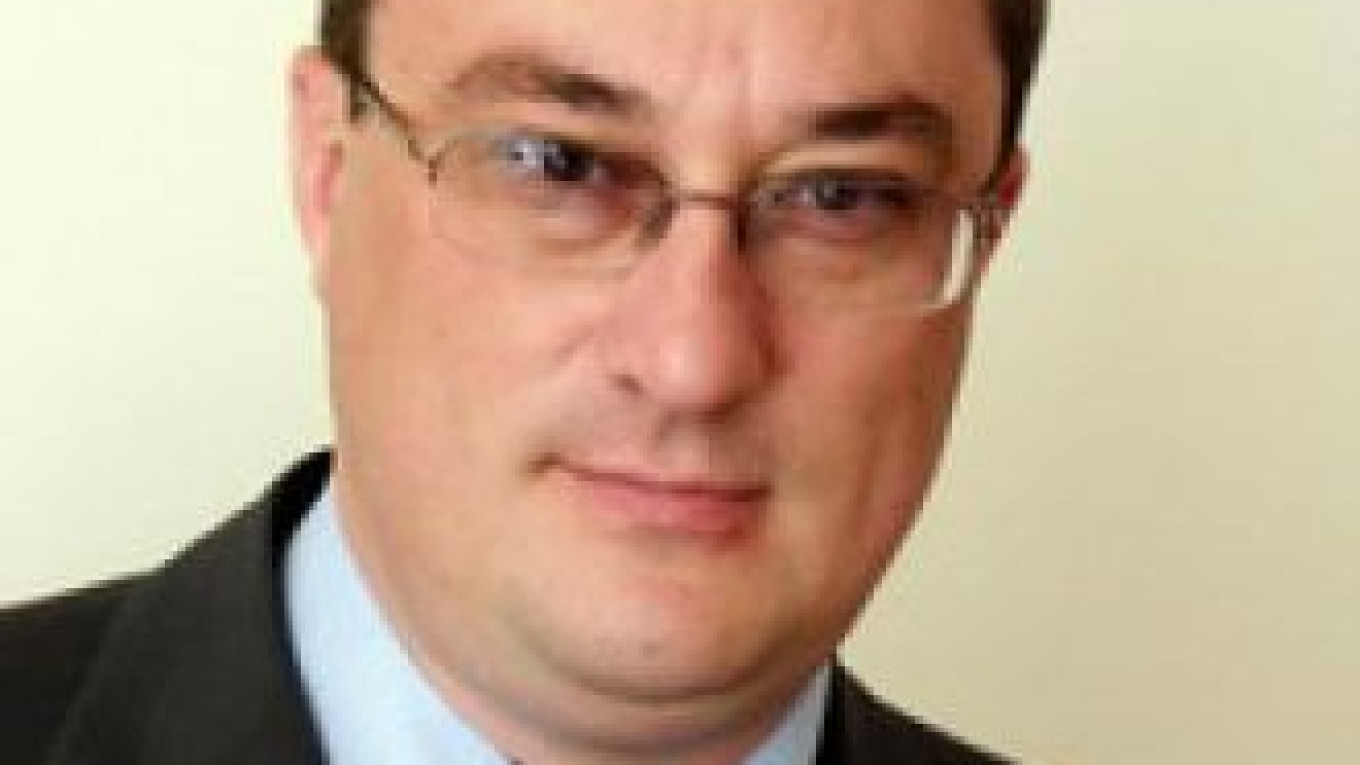President Dmitry Medvedev over the holidays fired two governors, reappointed four others and issued an unusual warning to regional leaders that three terms in office might be enough.
Medvedev was lambasted by opposition activists for reappointing Primorye Governor Sergei Darkin and Alexander Berdnikov of the Altai republic, both of whom have been implicated in corrupt practices and have been identified by analysts as likely candidates for replacement.
The Kremlin said in statements released on its web site last week that Medvedev asked local legislatures to confirm Darkin and Berdnikov for another term.
Berdnikov has been accused by national media of organizing and covering up illegal hunting trips after a helicopter crash exactly a year ago revealed that government officials, including Berdnikov’s deputy, were shooting endangered sheep in the mountainous region.
The Investigative Committee this summer reopened an investigation into the case after an earlier decision to close it caused a public outcry.
Vladimir Ryzhkov, a former independent State Duma deputy and opposition activist from Altai, said Medvedev’s decision to reappoint Berdnikov was “scandalous.” Speaking on Ekho Moskvy radio, he said Berdnikov was highly unpopular and got only 1 percent of the vote when he unsuccessfully ran in elections in 2002.
Berdnikov’s second term is to be confirmed by the local legislature on Tuesday. A former federal inspector, he was first appointed by then-President Vladimir Putin in 2005. Putin had abolished direct elections for regional bosses a year earlier.
Darkin has been linked to illegal business practices, and in May investigators searched his home and office in a corruption probe. During the final months of 2009, he ran a public relations campaign in national newspapers that highlighted the economic achievements of his Far East region.
Speaking on Radio Liberty, former Vladivostok Mayor Viktor Cherepkov called Darkin’s reappointment “a slap in the face to the local population.”
Ryzhkov suggested that the Kremlin had incriminating material on governors like Darkin and therefore had good reason to keep them in office. “People who can be targeted in criminal cases are fully loyal and can be directed from Moscow,” he said.
But Medvedev issued a surprise warning to regional bosses when he told Marii-El Governor Leonid Markelov on his reappointment Dec. 29 that his third term should be his last.
“A third term is something serious that needs to be filled to the best of your ability because a fourth term is an exception. We will now be working to make way for younger people. So the third term is the time to show your best,” Medvedev said, according to a transcript posted on the Kremlin’s web site.
Markelov, who switched to United Russia from the Liberal Democrat Party after being voted into office in 2001, was reelected for a five-year term in 2004 and was the last of the country’s 83 regional leaders who had not been appointed by the president. He has been accused by the Communists of masterminding massive fraud in Oct. 11 elections in his republic.
Medvedev has vowed to keep the current system, despite calls by popular regional bosses like Mayor Yury Luzhkov and Tatarstan President Mintimer Shaimiyev for a return to direct elections. He has introduced a reform stipulating that the strongest regional party recommends at least three gubernatorial candidates. Critics argue that the change is just cosmetic because the majority party is the Kremlin-backed United Russia. Since the reform came into force last year, the party’s proposals have usually included the incumbent leader plus several close allies.
Medvedev ignored a three-term limit when he reappointed Kurgan Governor Oleg Bogomolov for an effective fourth term on Dec. 25.
Analysts had strongly expected that Bogomolov would be sacked, and Medvedev delayed the decision until just before Dec. 29, when the governor’s term expired.
Medvedev did meet analysts’ expectations when, also on Dec. 25, he replaced Volgograd Governor Nikolai Maksyuta with Deputy Governor Anatoly Brovko. Maksyuta, 62, was the country’s last Communist regional boss. Brovko, a member of United Russia, was confirmed by the local legislature in a 37-1 vote on Dec. 29.
On Friday, Medvedev also sacked Vladimir Torlopov of the Komi republic after two terms in office. He will be replaced by First Deputy Governor Vyacheslav Gaizer, the Kremlin said on its web site.
Gaizer worked in regional banks in the 1990s, becoming CEO of Komi Social Bank. In 2002 he became the region’s No. 2 finance official, rising to the top finance post in 2003.
Nikolai Petrov, who tracks regional politics at the Carnegie Moscow Center, said the nominations showed that the Kremlin’s main interest lay in maintaining stability in the regions. “They either renominate the incumbent or they chose someone from the regional elites,” he said Sunday.
A Message from The Moscow Times:
Dear readers,
We are facing unprecedented challenges. Russia's Prosecutor General's Office has designated The Moscow Times as an "undesirable" organization, criminalizing our work and putting our staff at risk of prosecution. This follows our earlier unjust labeling as a "foreign agent."
These actions are direct attempts to silence independent journalism in Russia. The authorities claim our work "discredits the decisions of the Russian leadership." We see things differently: we strive to provide accurate, unbiased reporting on Russia.
We, the journalists of The Moscow Times, refuse to be silenced. But to continue our work, we need your help.
Your support, no matter how small, makes a world of difference. If you can, please support us monthly starting from just $2. It's quick to set up, and every contribution makes a significant impact.
By supporting The Moscow Times, you're defending open, independent journalism in the face of repression. Thank you for standing with us.
Remind me later.


